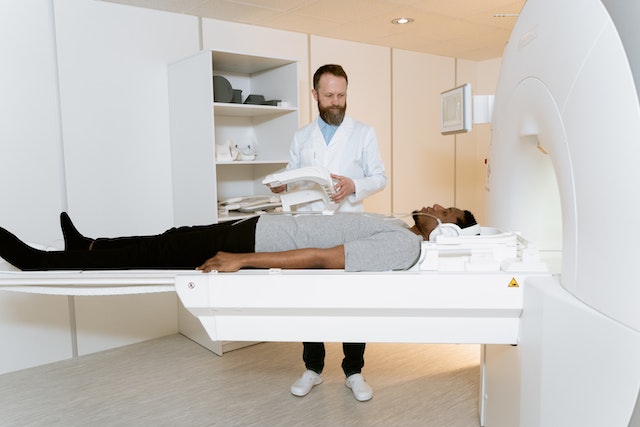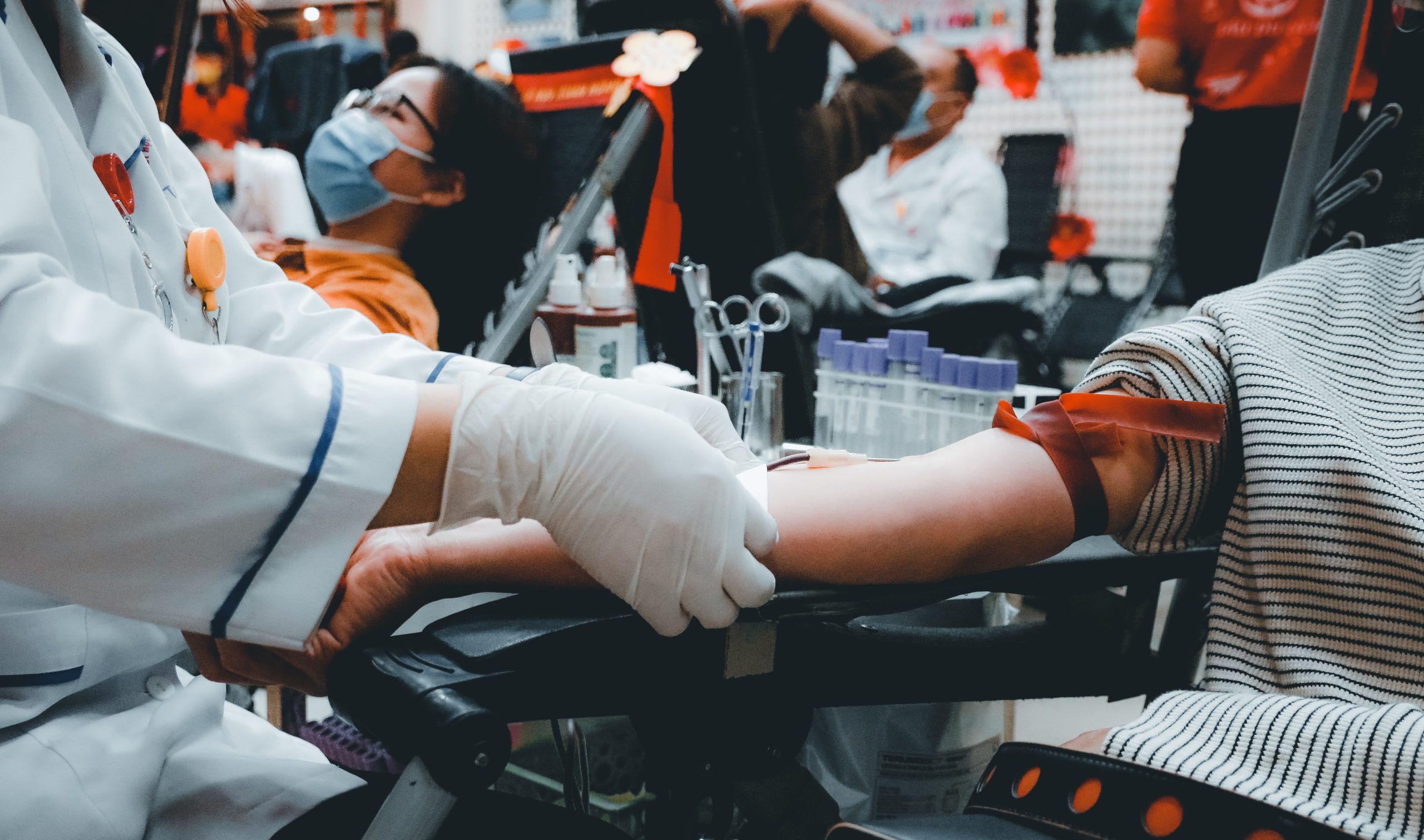Introduction
In a groundbreaking revelation, maintaining good cardiorespiratory fitness has emerged as a powerful ally in the fight against certain cancers. Dr. Sarah Reynolds, an oncologist and fitness advocate, delves into the latest research findings, shedding light on the profound link between cardiorespiratory fitness and cardiorespiratory fitness cancer risks a remarkable up to 40% reduction in the risk of specific cancers.
1. The Cardio-Cancer Connection: Latest Research Insights
Dr. Reynolds introduces recent research findings highlighting the robust association between cardiorespiratory fitness and a lowered risk of certain cancers.
Comprehensive Studies
- Large-Scale Analyses: Rigorous studies involving large populations reveal a consistent and significant correlation between good cardiorespiratory fitness and a reduced risk of specific cancers.
- Diverse Demographics: The research encompasses diverse demographic groups, reinforcing the universality of the cardio-cancer connection across different populations.
2. Cancer Types Affected by Cardiorespiratory Fitness

Dr. Reynolds explores the specific cancer types for which good cardiorespiratory fitness demonstrates a substantial risk reduction.
Colon and Breast Cancers
- Colorectal Cancer: Individuals with higher cardiorespiratory fitness exhibit a notably lower risk of colorectal cancer, emphasizing the preventive potential of regular exercise.
- Breast Cancer: Maintaining good cardiorespiratory fitness has also shown promise in reducing the risk of breast cancer, particularly in postmenopausal women.
3. Mechanisms Behind the Protective Effect
Dr. Reynolds delves into the potential mechanisms that underlie the protective effect of cardiorespiratory fitness against certain cancers.
Immune System Enhancement
- Immune Function Boost: Regular exercise is linked to enhanced immune system function, which may play a crucial role in identifying and eliminating cancerous cells.
- Inflammation Reduction: Exercise has anti-inflammatory effects, potentially mitigating chronic inflammation—a known factor in cancer development.
4. Optimizing Cardiorespiratory Fitness for Cancer Prevention

Dr. Reynolds offers practical insights for individuals looking to optimize their cardiorespiratory fitness and reduce cancer risk.
Targeted Exercise Regimens
- Aerobic Activities: Engaging in regular aerobic exercises, such as brisk walking, running, or cycling, is a key component of enhancing cardiorespiratory fitness.
- Strength Training: Incorporating strength training exercises complements aerobic activities, contributing to overall fitness and health.
5. Adopting a Holistic Approach to Health
Dr. Reynolds emphasizes the broader implications of maintaining good cardiorespiratory fitness for overall health and well-being.
Cardiovascular Health
- Heart Health: Improved cardiorespiratory fitness not only reduces cancer risk but also promotes cardiovascular health, reducing the likelihood of heart-related issues.
- Mental Well-Being: Regular exercise is linked to improved mental health, fostering emotional well-being and reducing stress—a holistic approach to overall health.
6. Beyond Cancer Prevention: Long-Term Health Benefits

Dr. Reynolds discusses the long-term health benefits associated with sustaining good cardiorespiratory fitness.
Aging Gracefully
- Reduced Age-Related Decline: Individuals with higher cardiorespiratory fitness levels often experience a slower decline in physical function and vitality associated with aging.
- Enhanced Quality of Life: The positive impact of regular exercise extends beyond cancer prevention, contributing to a higher quality of life and increased longevity.
7. Integrating Fitness into Cancer Survivorship Plans
Dr. Reynolds addresses the role of cardiorespiratory fitness in cancer survivorship and ongoing wellness.
Survivorship Support
- Recovery and Resilience: For cancer survivors, maintaining good cardiorespiratory fitness supports recovery, resilience, and overall well-being post-treatment.
- Guidance from Healthcare Professionals: Healthcare professionals can play a pivotal role in guiding cancer survivors toward tailored exercise regimens that align with their specific needs and conditions.
Conclusion
Dr. Sarah Reynolds’ insights illuminate the profound link between good cardiorespiratory fitness and a substantial reduction in the risk of specific cancers. As individuals embark on their fitness journeys, they not only enhance their overall health but also embrace a powerful strategy for cancer prevention. From promoting immune function to reducing inflammation, the benefits of cardiorespiratory fitness extend far beyond physical fitness, offering a holistic approach to well-being and a promising avenue for long-term health.











